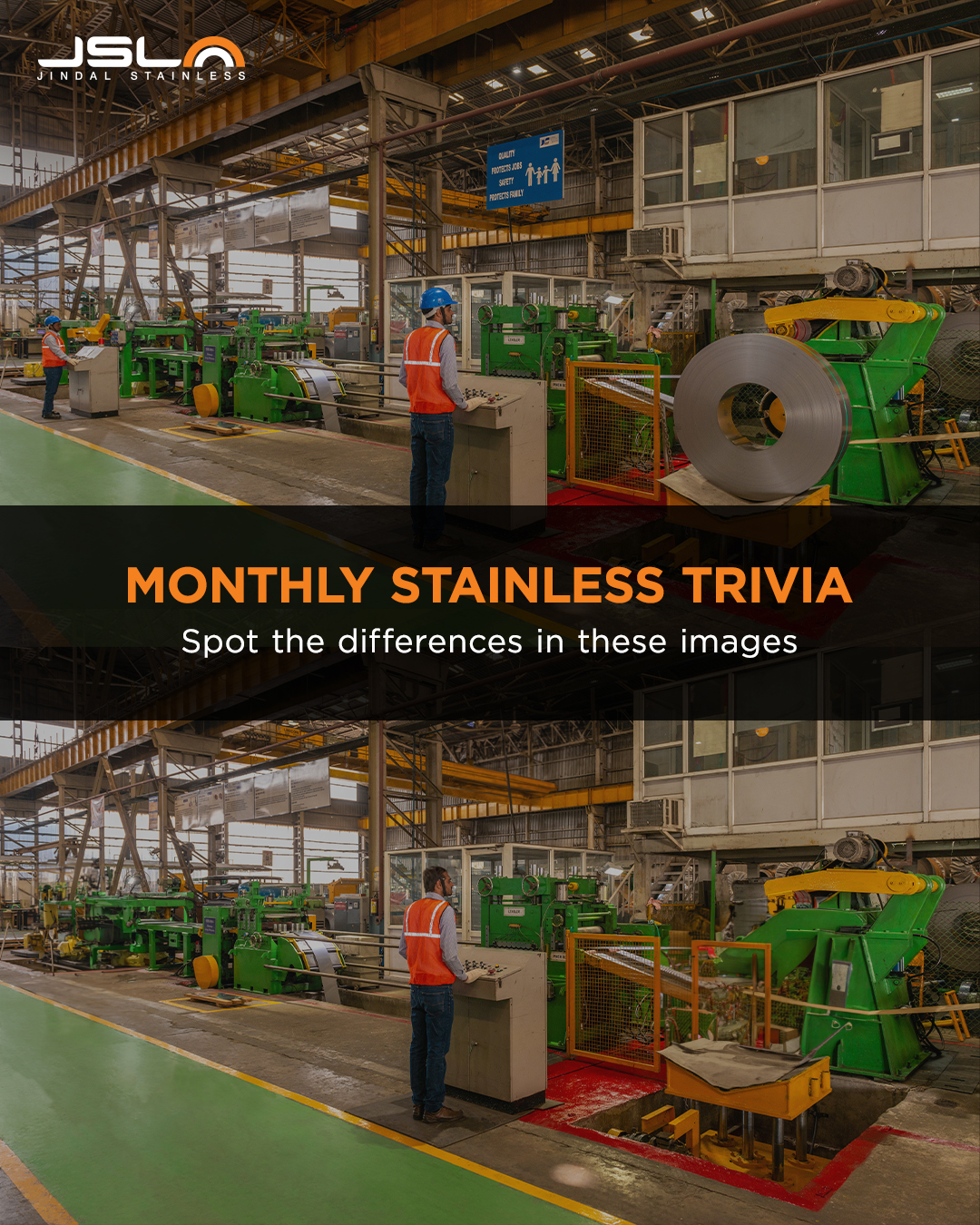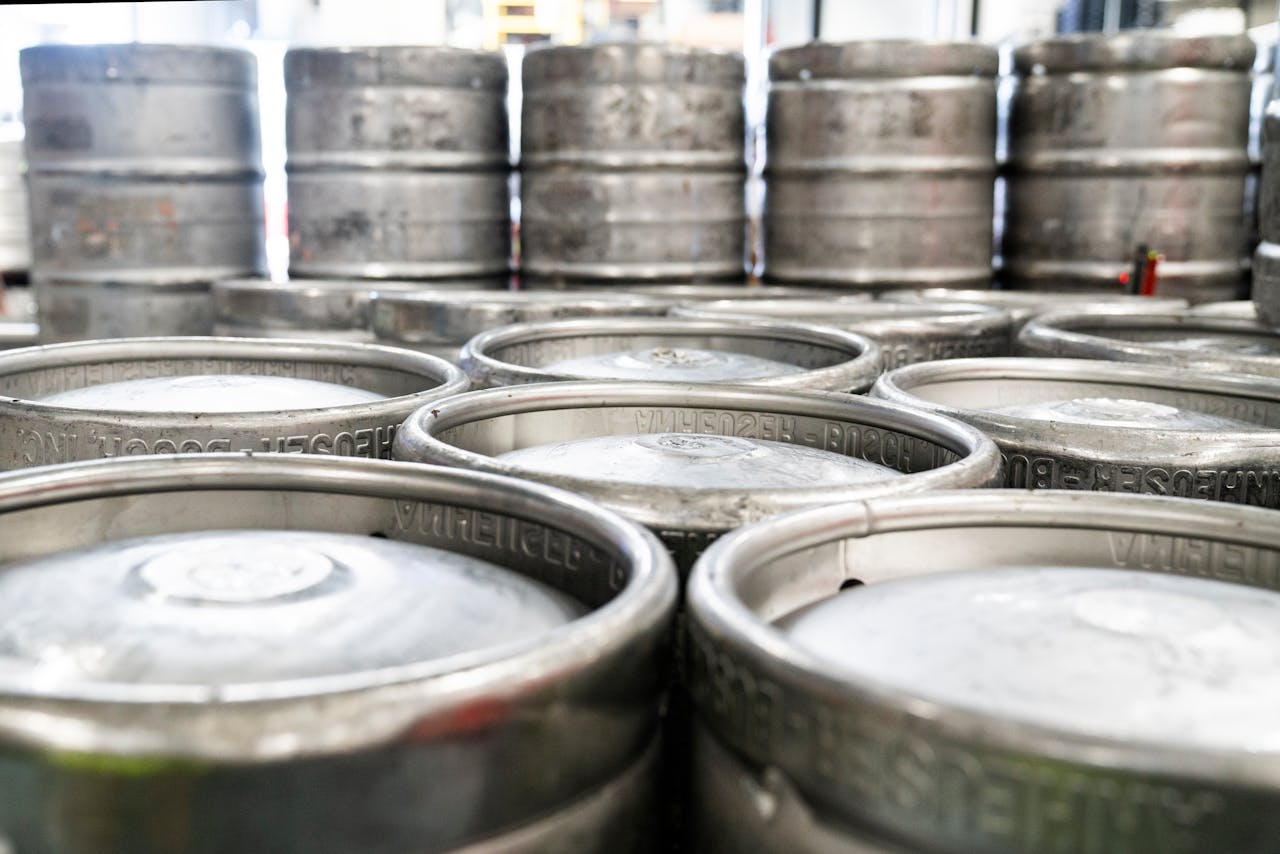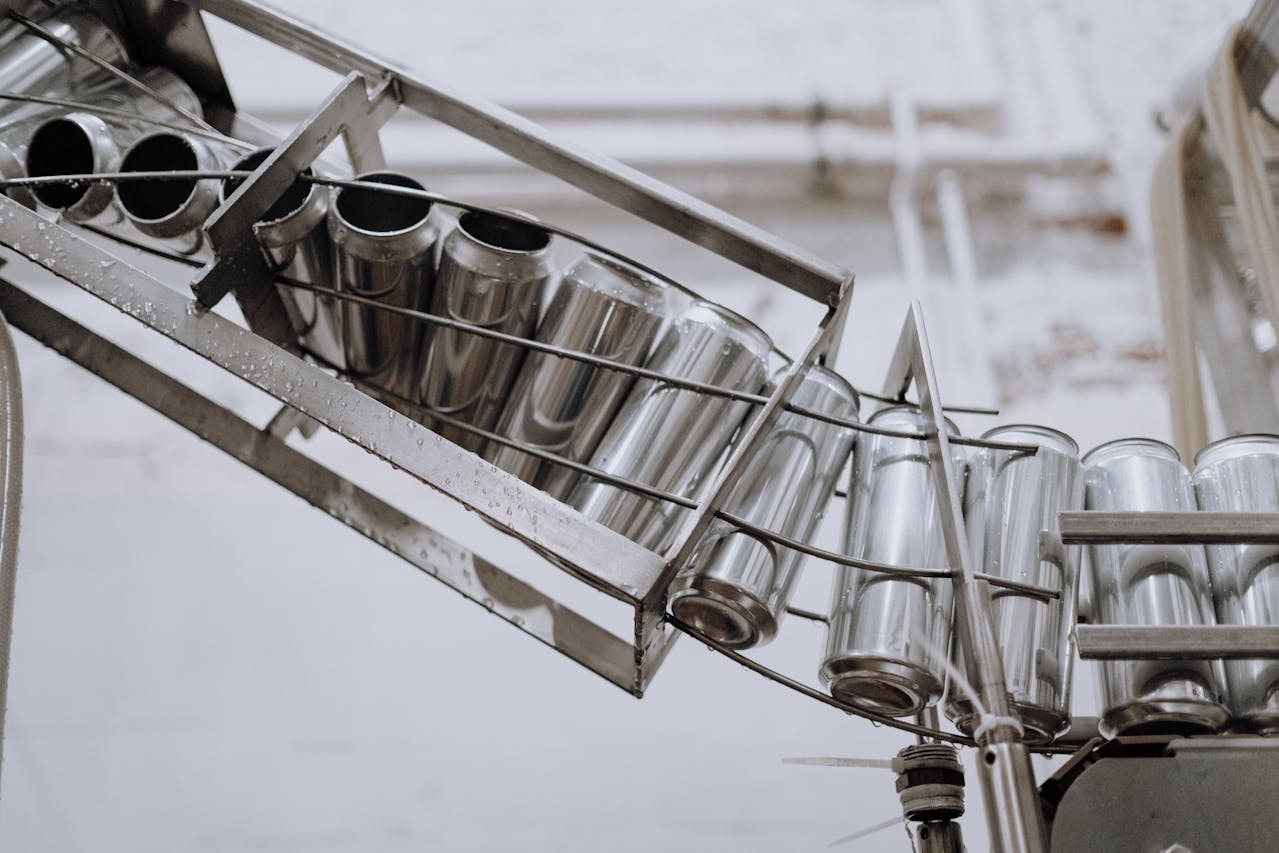Advantages Of Stainless Steel
May 14, 2024
Stainless steel is a remarkable material that has become a staple in various industries. Its unique properties make it a preferred choice for a wide range of products, from everyday items like kitchen appliances to heavy-duty industrial equipment. In this article, we will explore the numerous advantages of stainless steel and why it continues to be highly sought-after in today’s world.
The Key Benefits of Stainless Steel
Corrosion resistance
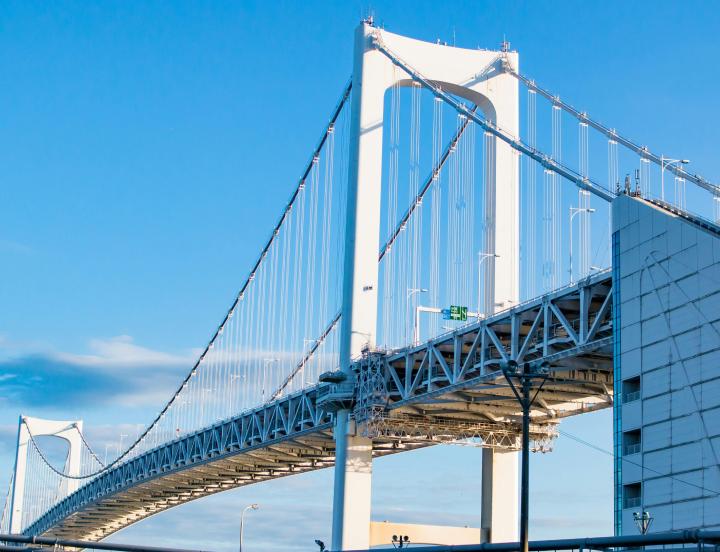
One of the most significant advantages of stainless steel is its exceptional resistance to corrosion. Unlike other materials, stainless steel is highly resistant to rust, stains and oxidation, solidifying its suitability for use in challenging environments where corrosion is a constant threat. This resistance to corrosion ensures that stainless steel products maintain their integrity and appearance over time, leading to durable products that will last a lifetime! Whether it’s exposed to moisture, chemicals or harsh weather conditions, stainless steel remains resistant and reliable.
Strength and durability
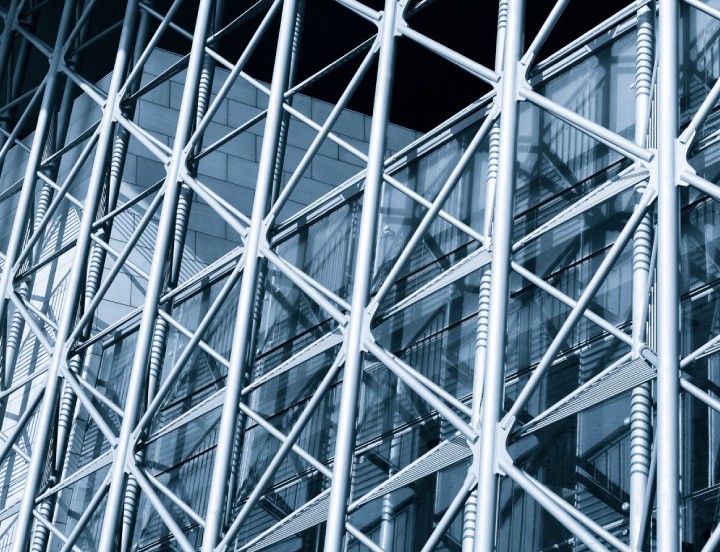
Stainless steel is renowned for its strength and durability. It is a tough material that can withstand heavy use, high temperatures and harsh environments without compromising its structural integrity. Whether used in construction, manufacturing or household applications, stainless steel exhibits excellent strength and longevity, making it a cost-effective choice in the long run. Its ability to withstand extreme pressures and stresses ensures that stainless steel products can handle demanding applications with ease.
Hygiene and cleanliness
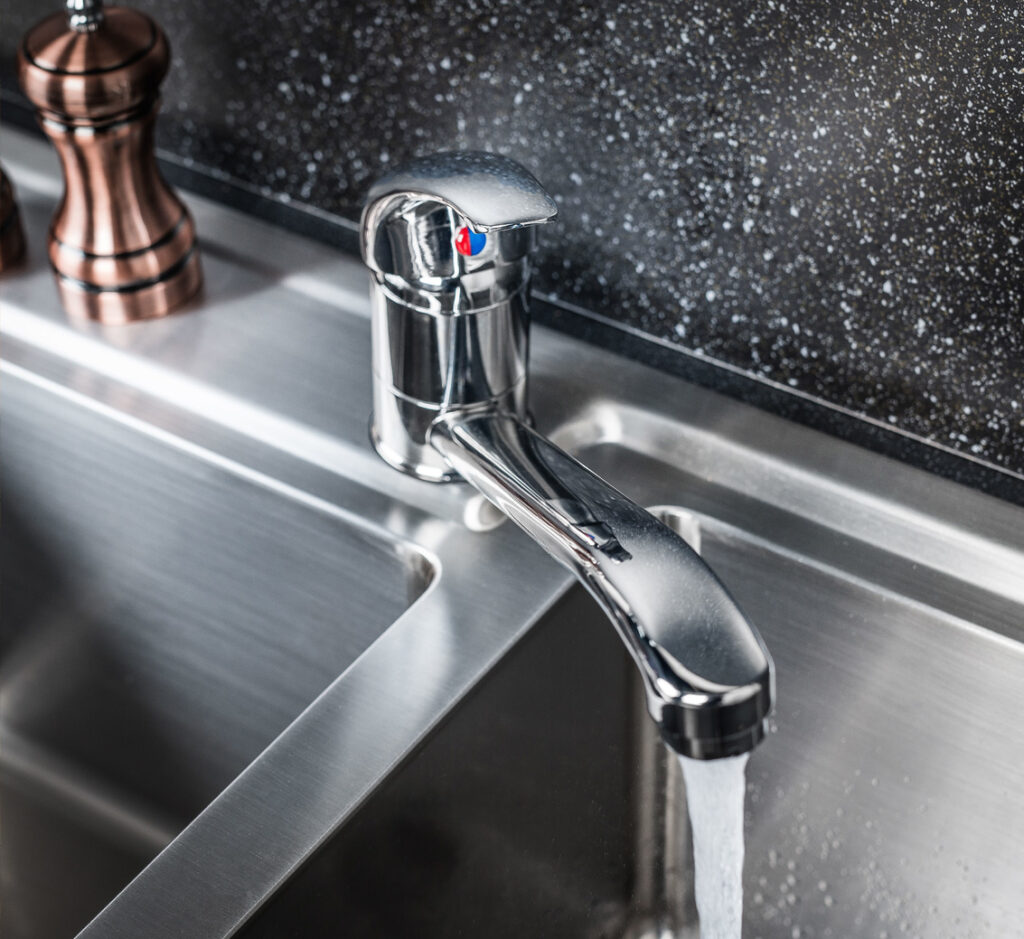
Stainless steel is known for its hygienic properties – it is exceptionally easy to clean and maintain. This makes it the perfect candidate for applications in the healthcare, food processing and pharmaceutical industries. Stainless steel is non-porous, which means it does not harbour bacteria, ensuring that a high level of sanitation can be maintained. Its smooth surface also resists the accumulation of dirt, making it a popular choice for kitchen appliances and surfaces. Due to these benefits of stainless steel, it has become an essential material in settings where hygiene is paramount.
Aesthetic appeal
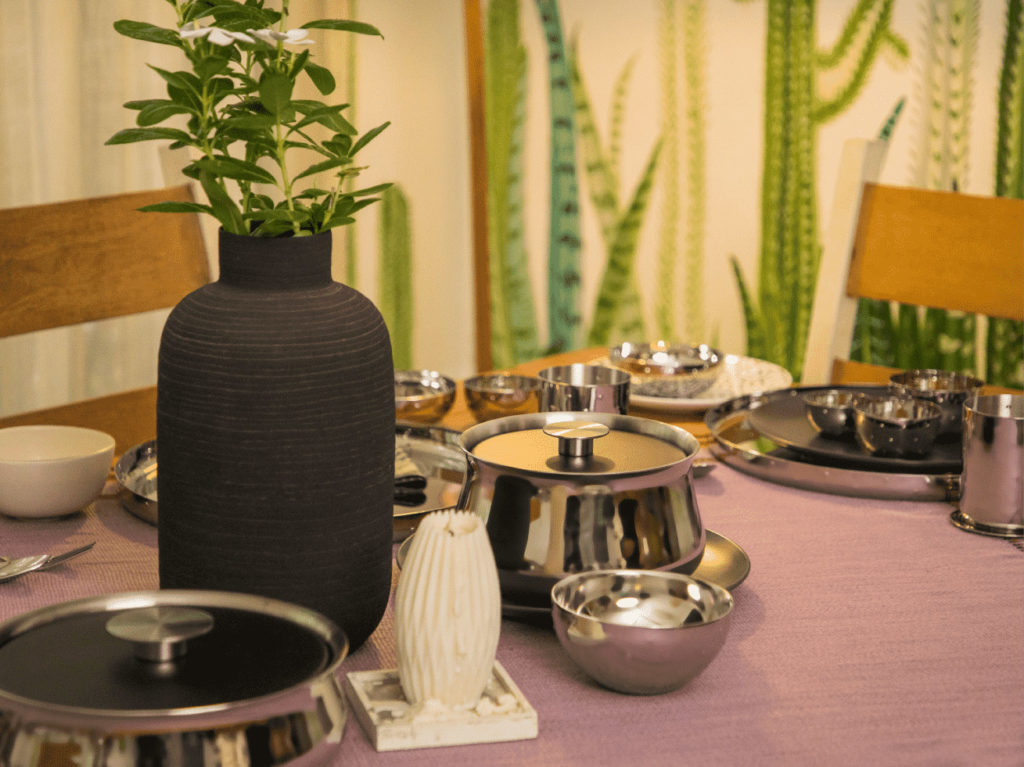
Beyond its functional benefits, stainless steel offers an attractive and sleek appearance that enhances the visual appeal of any product or space it is used to design. Its modern and timeless look complements various design styles, from contemporary to industrial. Whether it’s used in architecture, interior design or consumer products, stainless steel always adds a touch of elegance and sophistication. Its reflective surface and clean lines make it a versatile material that can elevate the aesthetic value of any project.
Fire and heat resistance

Stainless steel is highly resistant to fire and heat so it is a preferred choice for applications that require fire protection or high-temperature resistance. It does not readily deform or lose its strength even when exposed to extreme heat, making it suitable for use in furnaces, industrial ovens and exhaust systems. Its ability to withstand high temperatures without compromising its structural integrity ensures the safety and longevity of stainless steel products in demanding environments.
Sustainability

We are currently facing a climate crisis, putting sustainability in the spotlight like never before. And this is where stainless steel shines. This alloy is a sustainable choice due to its recyclability and long lifespan. It is 100% recyclable, and the recycled material retains the same properties as the stainless steel used to create the item being recycled. Choosing stainless steel helps reduce environmental impact by minimising waste and conserving resources. Additionally, its durability and resistance to corrosion reduce the need for frequent replacements, further contributing to its eco-friendly nature. By opting for stainless steel, individuals and industries can actively participate in sustainable practices while enjoying the benefits of a durable and reliable material.
Versatility
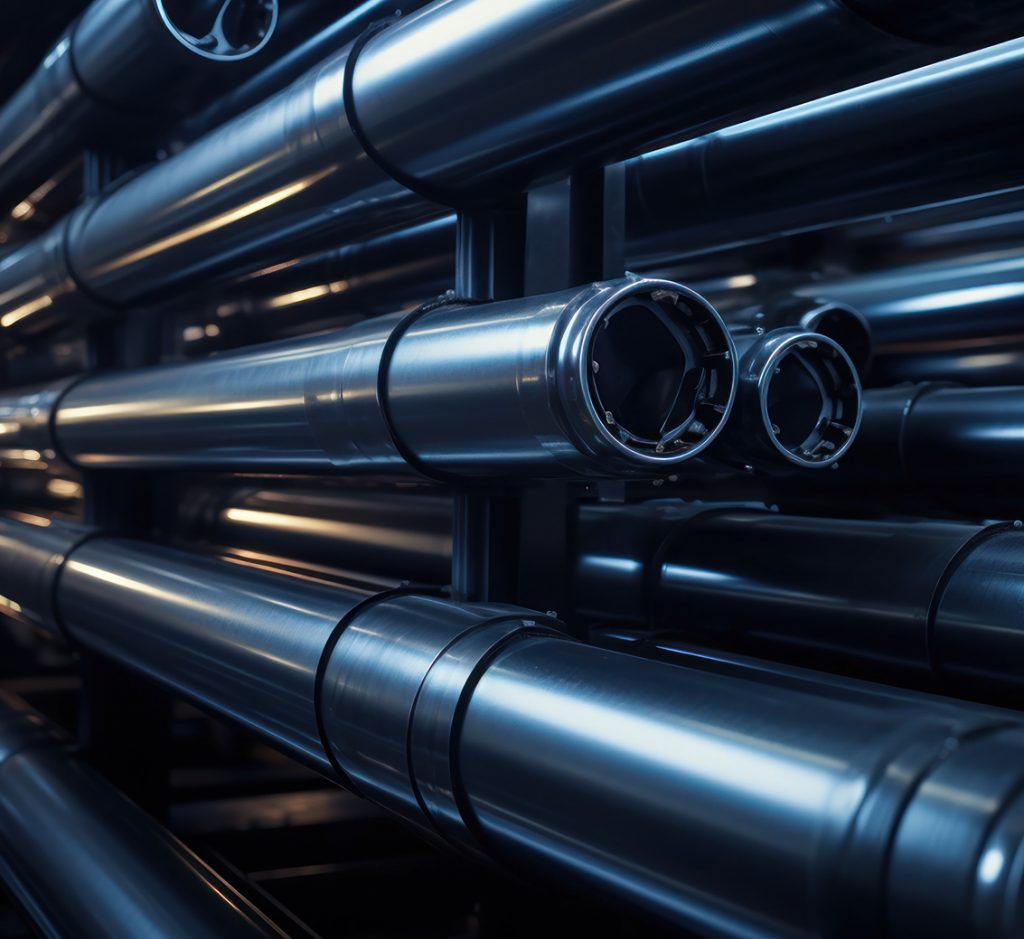
Stainless steel is an incredibly versatile material that can be customised and fabricated for various applications. It can be shaped, welded, cut and formed into different sizes and configurations, offering flexibility in design and functionality. From architectural structures to medical instruments, stainless steel’s versatility makes it a go-to choice across industries. It is an invaluable material for architects, engineers and designers since its adaptability allows for innovative and creative designs.
Stainless steel stands as an exceptional material with a multitude of advantages. It has a plethora of benefits over other materials – remarkable corrosion resistance, strength and durability – all of which make it a reliable choice for various applications, ensuring longevity and cost-effectiveness. Its hygienic properties, aesthetic appeal and fire resistance further elevate its value, while its sustainability aspects contribute to environmental responsibility, which is the need of the hour. The versatility of stainless steel allows for customisation and fabrication to meet specific needs, opening up endless possibilities in design and functionality. It is no wonder then that stainless steel remains a preferred option across industries.
